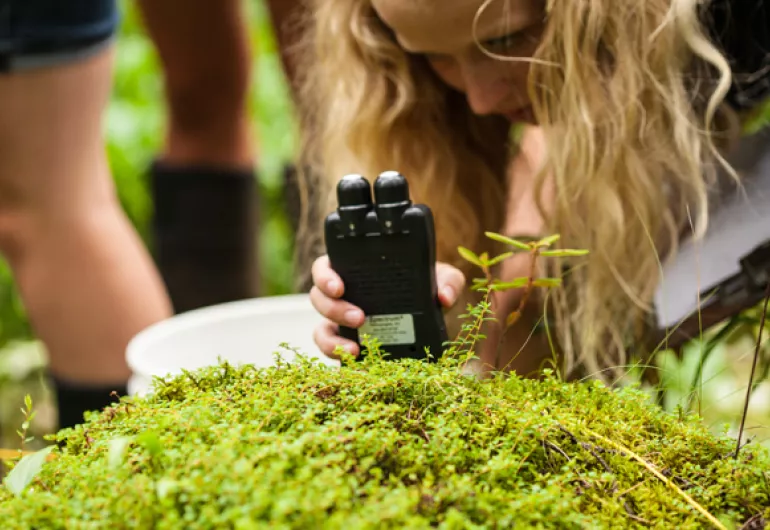Institute of Advanced Study Presents
Itasca: Reimagining a Scientific Field Station as Common Ground
Featuring Jonathan Schilling
Past event
Feb 04, 2021
Captioning

Featuring Jonathan S. Schilling
Professor, Plant & Microbial Biology
Director, Itasca Biological Station & Laboratories
Jonathan’s talk will cover aspects of his own science background and mid-career transition to become Director at a scientific field station in northern Minnesota. He will introduce us to the Itasca Biological Station and Laboratories, a field station since 1909 within Itasca State Park boundaries and located at the headwaters of the Mississippi River. The focus at Itasca, since its inception, has been to enable basic biological and ecological science that might, in turn, inform wise practice in the conservation of nature. The talk will, as his title suggests, aim to share what field stations already provide as well as what they might enable, going forward, by opening doors to new interests that are similarly grounded in the meaning of place.
Jonathan Schilling has been at the University of Minnesota since 2006, focusing on the study of fungi (mycology). His research grants over the years have included three ‘Early Career’ awards from the Andrew W. Mellon Foundation, the University of Minnesota’s Institute on the Environment, and the U.S. Department of Energy. He currently manages a laboratory of 10 students, postdoctoral scholars, and technicians in Saint Paul, studying fungal biology and the fungal role in recycling carbon and other elements in nature. Jonathan became Director of the Itasca Biological Station and Laboratories in 2018. In his own words, “I came to Itasca with a commitment to the environment and with two goals: 1) to take my research program ‘beyond the microcosm’ and into the complexities of natural communities, and 2) to re-imagine the conservation roots of a scientific field station by welcoming all to collaborate and capture the light of a place."